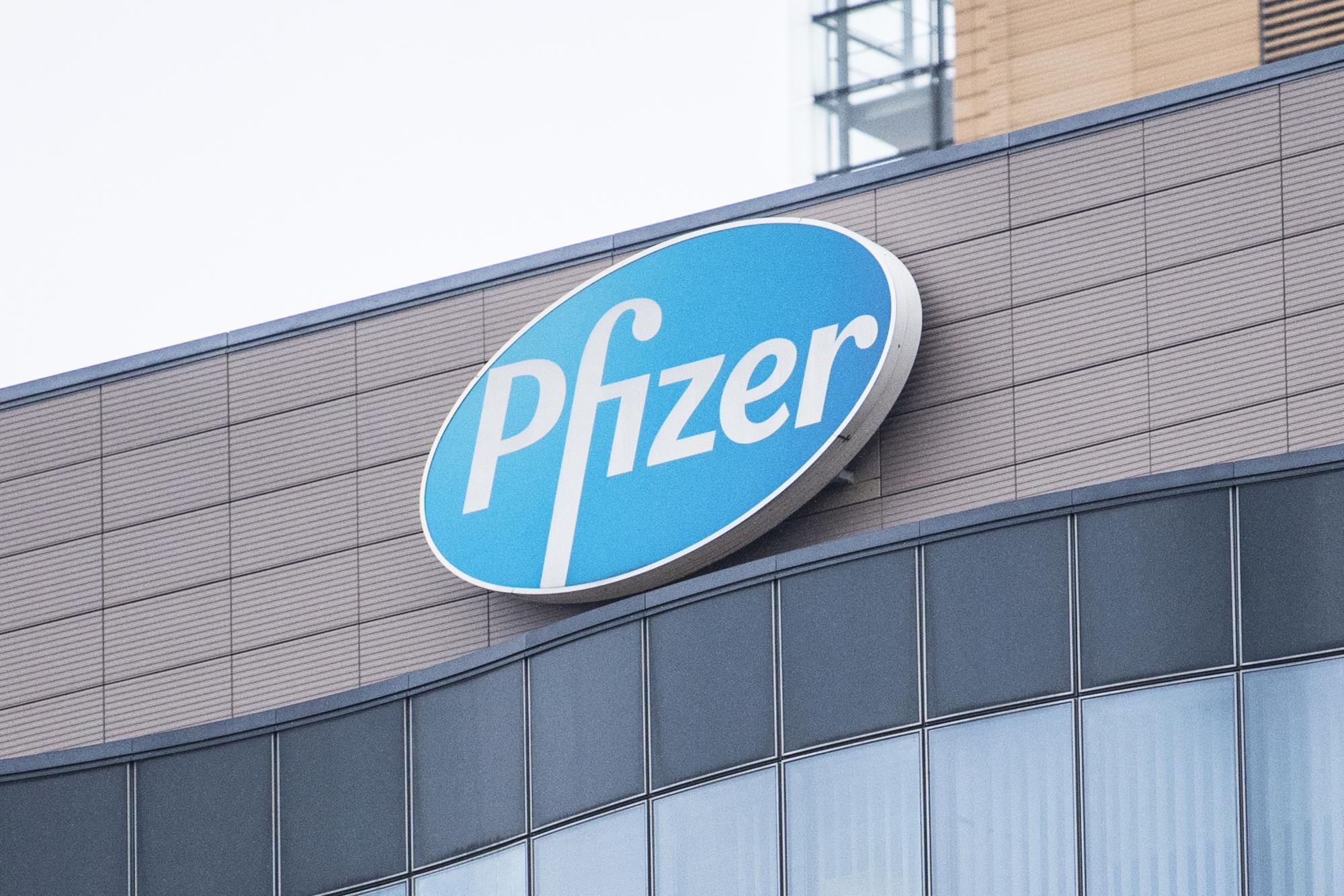
The National Agency for Food and Drugs
Administration and Control (NAFDAC) and one of the pharmaceutical giants in
Nigeria, Pfizer, have kept mum over the recent recall of Xalatan Eye Drops from
the Nigerian market by the two organisations.
In a letter sent to some hospitals across Nigeria
by Pfizer pharmaceuticals recently, it advised that Xalatan 0.0005 percent eye
drop solution be recalled immediately at patients’ level, and that it has
gotten the approval of NAFDAC to halt its distribution in Nigeria.
But when journalists sought the thoughts of NAFDAC on
the recall, and what this means for Nigerians who may go ahead to use the eye
drops, neither the Director-General of the organisation, Prof. Mojisola
Christiana Adeyeye, nor the Director of Communication of NAFDAC, Dr. Jimoh
Abubakar, responded to messages and several calls put across to them.

Pfizer Nigeria, which promised to respond to the
query only through email, did not also respond to emails sent to it, as at the
time of filing this report.
Xalatan is one of the regimens for the treatment of
glaucoma in Nigeria.
The recall sent to doctors read in part: “Please be
advised that Pfizer is recalling, at the patient level, the below lots of
Xalatan 0.005 per cent w/v eye drops solution (the ‘Product Lots) from
distribution in Nigeria.
“The cause of this voluntary recall is due to the
identification of two separate confirmed counterfeit Xalatan 0.005 per cent w/v
Eye drops 2.5ml solution lots, with authentic Pfizer Lot numbers W6769 and
AK4753, being distributed in the legitimate supply chain in the Nigeria market
where the authentic Xalatan 0.005 per cent w/v Eye drops 2.5ml solution with
the same Lot numbers being distributed.”
It said the use of the counterfeit product Lots has
a high probability to cause therapeutic failure and adverse effect such as
infections, adding that the potential risk to patients was considered high as
patients will not be able to identify the counterfeit product. “The product batches affected are those with
Lot numbers W67369 expiring 10/2020, and AK4753 expiring 10/2021,” it said.
On July 3, 2019, the Senate asked NAFDAC to recall
Avastin Intra-occular injection for the treatment of eye defects. It was
alleged that 10 patients went blind after administration of the injection at
the National Eye Centre in Kaduna.
Avastin was originally approved for the treatment
of cancer.
No comments:
Post a Comment